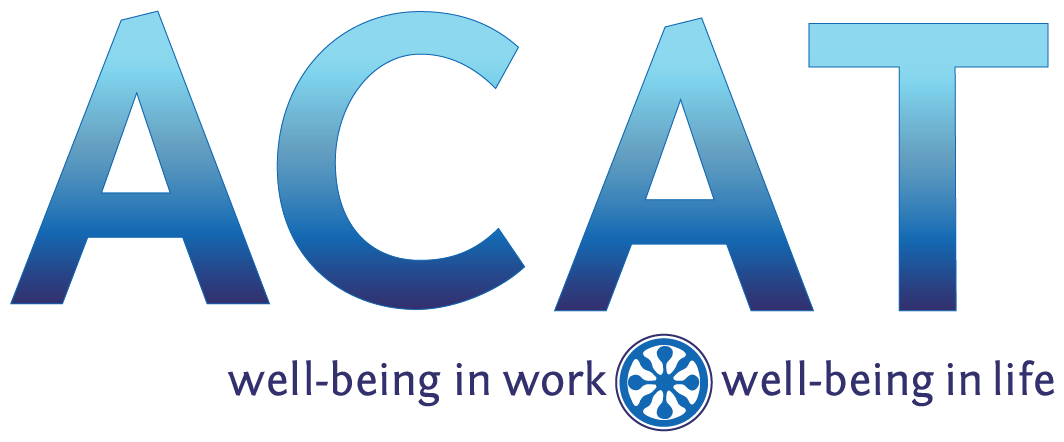by Brooke Lieb (originally published here)
Many years ago, I was teaching a first lesson to a young woman. Her first statement was “I am an Evangelical Christian.” Her first question was “Does the Alexander Technique promote any religious or spiritual ideology that will conflict with my beliefs?”
I told her no, because the Alexander Technique is not a philosophy or a religion. It fails a key element of cults, in that Alexander Technique promotes the individual learning a process for assessing and revising belief systems through self-exploration. F. M. Alexander implored the teachers he trained to teach and innovate based on their own lived experience, not to copy him.
That being said, many people who study the Alexander Technique are also on a path that includes meditation, mindfulness or some spiritual practice. Sometimes, the Alexander Technique turns out to be the catalyst for getting on such a path.
I am a big fan of the Stephen Mitchell translation of the Tao Te Ching. I recognized in my early 20s that movement and dance were the most effective and direct way for me to reach a meditative state. I don’t study any particular philosophy, and enjoy learning from and experiencing many forms of mindfulness.
A dear friend recently (October 2019) gifted me Michael Singer’s book “The Untethered Soul” which draws on many spiritual and philosophical traditions, particularly Buddhism.
As I read the book, I was reminded of the stories of seekers spending years studying, meditating, going on retreat, all in search of spiritual enlightenment. I got the impression that this enlightenment required decades long practices, was elusive and required sacrifice and deep practice to have a lived experience.
I cannot speak to what is true or possible, but as I was reading Singer’s book, his choice of words and descriptions of non-attachment and enlightenment sounded an awful lot like my lived experiences of non-attachment, achieved through my Alexander Technique practice.
Singer talks about releasing an inner struggle, learning not to identify as my thoughts and feelings, even as I experience them. He writes about choosing happiness, as a point of view, and learning to reduce self-created suffering. At the same time, he acknowledges that we will experience the gamut of human emotion. It is our relationship to it that determines our degree of struggle and resistance in the face of the reality we are in.
This could seem lofty, elusive or grand, but in practice it’s down to earth for me. Since I started lessons 36 years ago, I have used the Alexander Technique to notice how I tighten, stiffen, react and resist life on every level (body/mind/spirit) and how to lessen those tendencies, without waiting for or needing the circumstances to change.
I’ve used my Alexander tools through health scares, the death of loved ones, economic uncertainty, relationship challenges, the common cold, injuries, pain, performance anxiety, panic attacks, celebrations, bouts of anxiety and depression, at parties and on and off throughout most every day.
I expect to continue to react, resist and tighten to life, but I know that living the principles of the Alexander Technique has transformed my experience, sometimes within moments, minutes, hours or mere months, depending on the situation. It doesn’t have to take forever to have a lived experience of non-attachment and to reduce the degree of struggle and suffering.
N. BROOKE LIEB, Director of Teacher Certification since 2008, received her certification from ACAT in 1989, joined the faculty in 1992. Brooke has presented to 100s of people at numerous conferences, has taught at C. W. Post College, St. Rose College, Kutztown University, Pace University, The Actors Institute, The National Theatre Conservatory at the Denver Center for the Performing Arts, Dennison University, and Wagner College; and has made presentations for the Hospital for Special Surgery, the Scoliosis Foundation, and the Arthritis Foundation; Mercy College and Touro College, Departments of Physical Therapy; and Northern Westchester Hospital. Brooke maintains a teaching practice in NYC, specializing in working with people dealing with pain, back injuries and scoliosis; and performing artists. www.brookelieb.com


